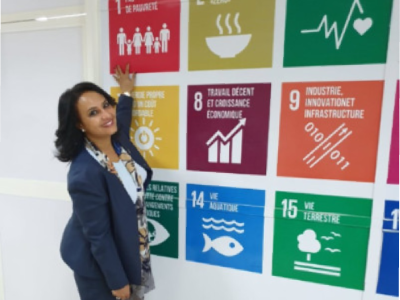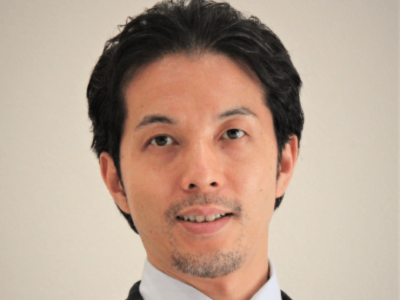Robust Industrial infrastructure and investment are the wellsprings of inclusive and sustainable industrial development. Industrial Parks (IDPs) can serve as a springboard for economic growth, support the attraction of foreign direct investment (FDI), economic diversification and higher value-added production, and more extensive regional and global value chains.
The success of industrial parks in Africa to attract and retain investments has led to mixed results. This is due to a variety of reasons including insufficient site size, facilities and infrastructure. Industrial parks in Africa have been found to be located a median distance of 60km away from the nearest port, more than three times the international average, a clear disadvantage when courting FDI (UNCTAD and AEZO, 2021). Issues of access to stable power and water supplies are often reported, as well as difficulties with local bureaucracy and customs. Analysis carried out at the regional level (AfDB) indicates issues with corporate and strategic governance, irrespective of public, private or public-private partnership models.
A concerted policy focus on upscaling industrial infrastructure has proven successful elsewhere, and many African countries retain a commitment to it through their national sustainable development plans (37 African countries have established at least one SEZ by law, according to UNCTAD). The existing stock of industrial parks may need to be revisited, as investors’ priorities shift away from mere economic returns to sustainable development imperatives such as resource efficient cleaner production and sustainable agriculture and food production.
Funding is required at all stages of Africa’s industrial park development, from the initial planning phases to the implementation and operational phases. At the planning stage, project preparatory funds or grants are required for the pre-feasibility and feasibility studies, master planning, environmental and social impact assessments, value chain assessments, and other policy and strategy studies. During the development phase, grant financing by state and development finance institutions (DFIs) is typically needed to set up a common infrastructure and to offer an attractive package to pioneer investors. Lastly, in the operational phase, tenant firms will normally require funds for capital expenditure and operational costs, which they could borrow from local commercial and development banking systems.
Raising finance for African industrial parks should go hand in hand with capacity building efforts to impart policy knowledge and best practices, such as UNIDO’s Industrial Handbook for Industrial Parks (2019), UNIDO’s Guidelines for Planning, Development and Management of Integrated Agro-Food Parks (2023) or the Eco-Industrial Park (EIP) Guidelines.
Moreover, a growing community of DFIs, including the African Development Bank (AfDB), Afreximbank and the Arab Bank for Economic Development in Africa (BADEA) shows keen interest in providing financing support for the modernization of industrial parks in Africa. Other partners such as the African Continental Free Trade Area Secretariat and the African Union or the African Economic Zones Organization (AEZO) play important coordination functions underpinning the need for complementarity of industrial parks as opposed to scenarios of adverse competition.
Indeed, significant new initiatives are starting to come on stream, such as the African Union Commission’s (AUC) endorsement of the Common African Agro-Parks Programme (CAAPs) in 2019, as a vehicle for attracting private investment in establishing transboundary mega agro-industrial hubs on the continent, a key consideration at a time of excessive food inflation regionally.
The entry into force of the African Continental Free Trade Area, which aims to remove tariff barriers across the continent and to integrate regional value chains, is another unmissable opportunity for impetus. Enhancing investment flows and enacting necessary reforms can thus facilitate solutions to systemic regional issues, and enable progress with wider development goals, such as the 2030 Agenda and the African Union’s Agenda 2063.
Session themes:
- What are the key opportunities and challenges in establishing and modernizing industrial park infrastructures in Africa?
- What opportunities are there for different typologies of industrial parks, such as integrated agro-industrial parks, eco industrial parks and special economic zones?
- How can industrial parks be leveraged for Africa’s regional value chain development?
- How can international and regional organizations, as well as Development Finance Institutions (DFIs), assist African countries in achieving this transformation?





